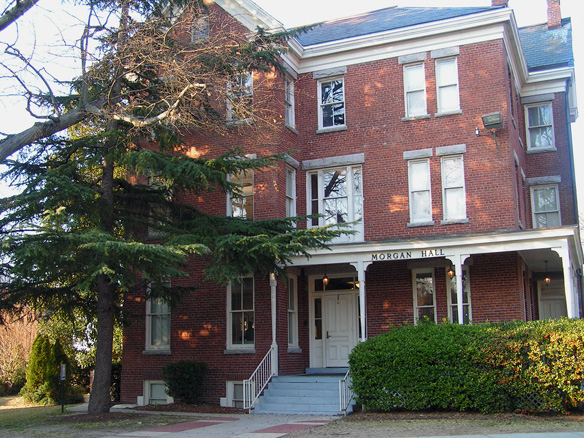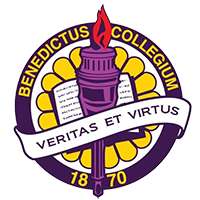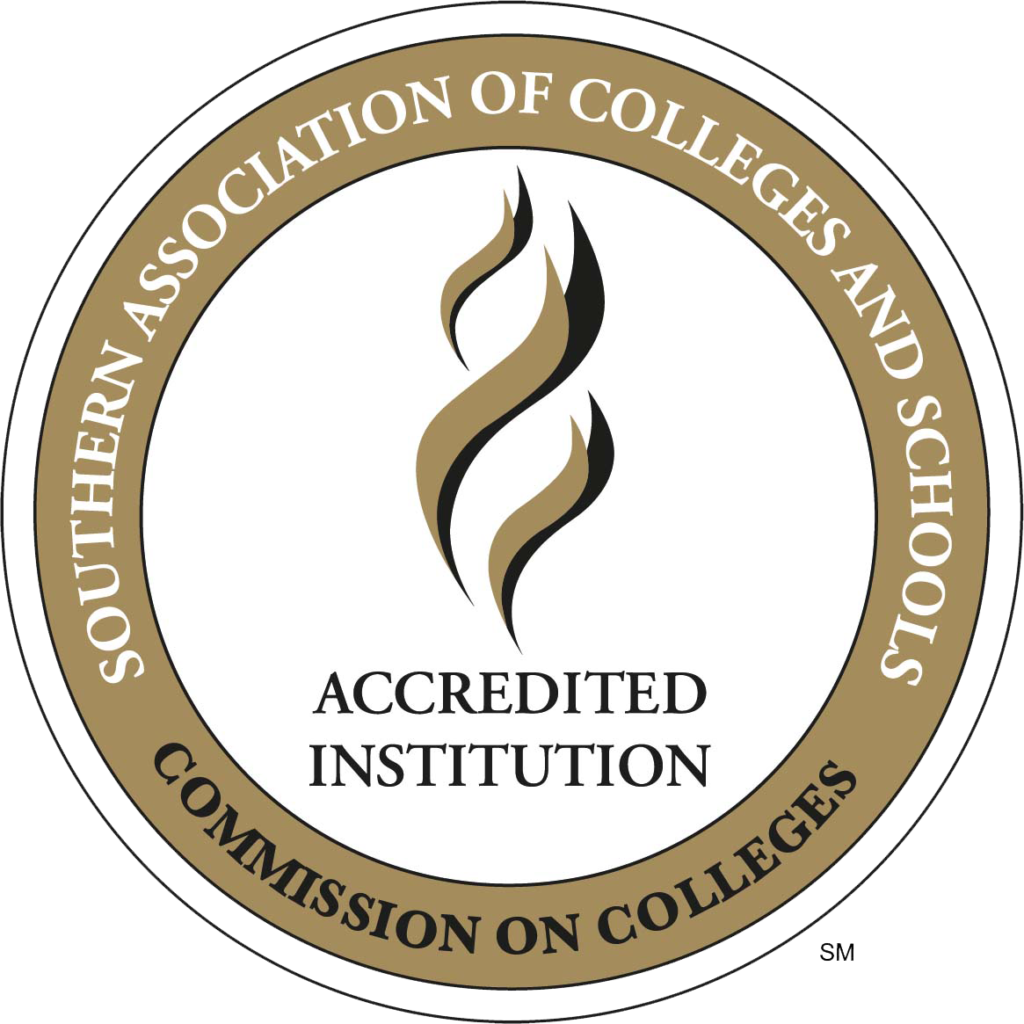The National Park Service announces the first eight community sites to be included in the newly established Reconstruction Era National Historic Network. This national network, launched in March 2020, will connect sites across the country who provide education, interpretation and research for the period of Reconstruction. The Reconstruction Era (1861-1900) is one of the most fascinating and misunderstood periods in American History and includes stories of freedom, education and self-determination.
“I commend the National Park Service for taking bold and progressive steps toward inclusive education by creating the Reconstruction Era National Historic Network. It is a testament to the enduring legacy and profound importance of HBCUs,” said Dr. Roslyn Clark Artis, President and CEO of Benedict College. “I am excited that our collective stories of resilience, leadership, and education will be highlighted as a part of a national network exploring the accounts of educated African Americans during the United States Reconstruction Era.”
The new community sites added to the network include several Historic Black Colleges and Universities created during Reconstruction, a site managed by the South Carolina State Park system which interprets the stories of freedom and tenant farming, and a school which was created shortly after the Civil War to provide education to the formerly enslaved. Specifically, they are Allen University, Benedict College, Claflin University, Clinton College, Mather School, Rose Hill Plantation State Historic Site, South Carolina State University and Voorhees College.
“The Reconstruction story is a national story,” said Superintendent Scott Teodorski, “It includes sites from all over the country. Some of the sites are managed by the National Park Service and many are not. The Reconstruction Era National Historic Network provides an opportunity to connect these sites and to connect visitors to their stories as part of the Reconstruction Era. We are very excited to welcome these new sites to the network and look forward to working with them.”
The John D. Dingell, Jr. Conservation, Management, and Recreation Act, signed into law on March 12, 2019, outlined the creation of the Reconstruction Era National Historic Network. This network, managed by Reconstruction Era National Historical Park, includes sites and programs that are affiliated with the Reconstruction Era, but not necessarily managed by the National Park Service. This network is nationwide and works to provide opportunities for visitors to connect to the stories of Reconstruction. For more information about the Reconstruction Era National Historic Network, visit https://www.nps.gov/subjects/reconstruction/network.htm.
Photo: Morgan Hall located on the campus of Benedict College was built during Reconstruction in 1895.
About Benedict College
Founded in 1870 by a woman, Bathsheba A. Benedict, Benedict College is a private co-educational liberal arts institution with over 1,738 students enrolled in its 25 baccalaureate degree programs. Defying trends, Benedict College maintains an equal male and female student population. This Midlands HBCU welcomes students from all 46 counties in South Carolina, 30 states across America, and 26 countries around the world.
Benedict offers several high-demand fields of study in STEM, Cyber Security, Mass Communication, Sport Management, Business Administration, Engineering, Computer Science, Biology, and Education. The College also has a diverse faculty of which 80 percent are full-time, and 60 percent hold doctorates or the equivalent.
Over the past ten years, three out of five Benedict College graduates have attended professional or graduate schools. There are over 17,000 proud Benedict Tigers throughout the nation. Benedict College has been a community leader for over 150-years and is a significant contributor to South Carolina and the region. Contributing $130 million and 1,218 jobs in total local and annual economic impact, a Benedict graduate working full-time throughout his or her working life can expect to earn $1.1 million in additional income because of their Benedict College degree.
The College made front-page news in the spring of 2018 when it became the first South Carolina college to lower its tuition by 26 percent. Cutting tuition drew praise from the Commission on Higher Education, South Carolina’s education oversight body. The commissioner noted that the move Benedict College made should be applauded because it offers families affordability and students greater access to higher education.
Benedict College has been highly regarded and exceptionally ranked for its programs by several academic and traditional publications. For example, Benedict College was ranked as one of the top baccalaureate colleges in the nation by Washington Monthly magazine for creating social mobility and producing cutting-edge scholarship and research. In 2019, Benedict College received the 2019 ACE/ Fidelity Investments Awards for Institutional Transformation and was named the HBCU of the Year by HBCU Digest.
Benedict College is accredited by the Southern Association of Colleges and Schools Commission on Colleges to award baccalaureate and masters degrees. Five of the College’s degree programs hold national accreditation: The School of Education, Social Work, Environmental Health Science, Arts and Sciences and the Tyrone Adam Burroughs School of Business and Entrepreneurship.
For more information about Reconstruction Era National Historical Park, visit www.nps.gov/reer or follow on Facebook at www.facebook.com/ReconstructionNPS.
www.nps.gov
About the National Park Service. More than 20,000 National Park Service employees care for America’s 422 national parks and work with communities across the nation to help preserve local history and create close-to-home recreational opportunities. Learn more at www.nps.gov, and on Facebook, Instagram, Twitter, and YouTube.




